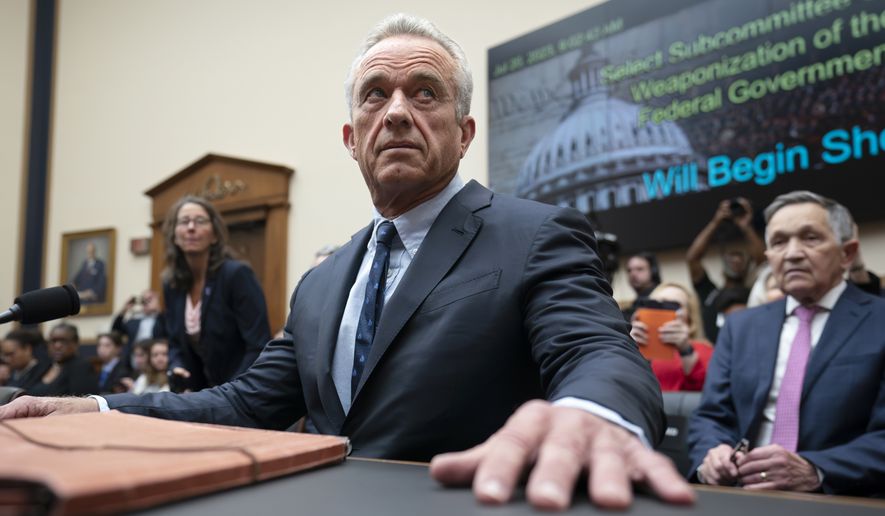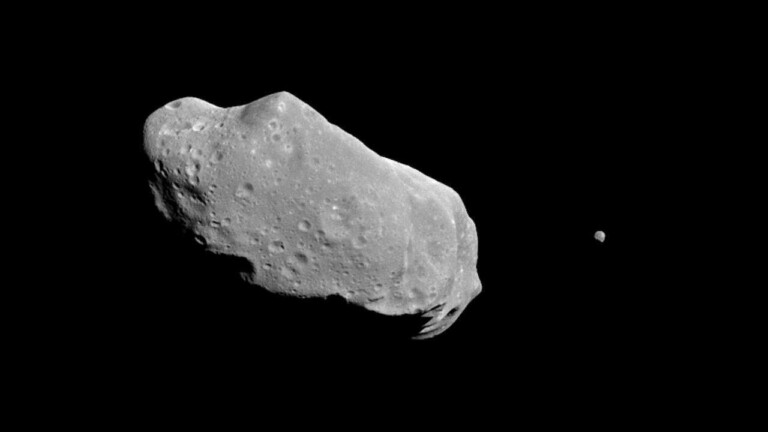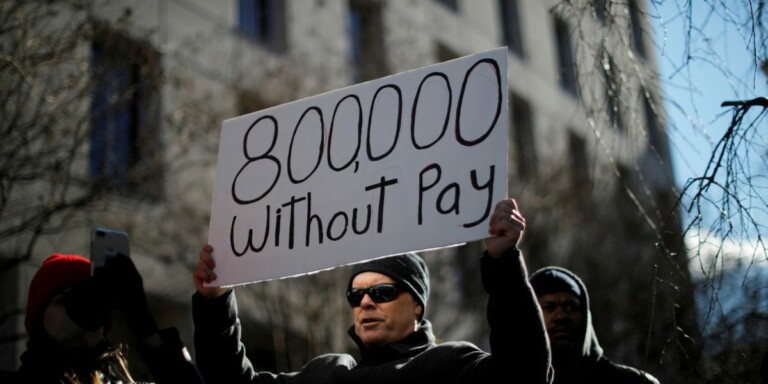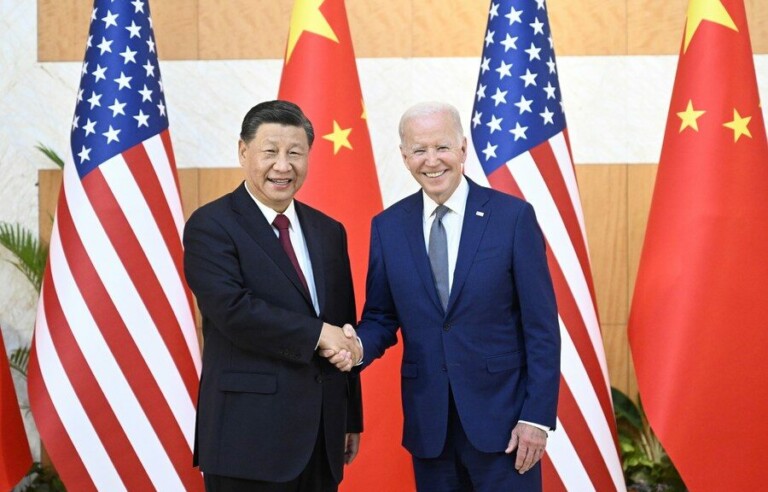There he sat in a hearing room of the Capitol.
The craggy jaw and the face that harkened back to another era when his father and uncle were among the most famous Democrats in America.
But this self-described “Kennedy Democrat,” sat now as a star witness for Republicans accusing the Democratic incumbent president of “censorship,” even as Democrats accused him of being anti-Semitic and a conspiracy theorist.
That was the fate Thursday of Robert F. Kennedy, Jr., son of slain liberal icon Sen. Robert F. Kennedy, nephew of the late, legendary Sen. Edward M. Kennedy, and now the chief Democratic opponent for President Joe Biden.
And unlike the storied family members who have preceded him in politics, this Kennedy is finding himself politically lonely as he mounts an improbable campaign for the Democratic presidential nomination.
His fellow Democrats excoriated him Thursday at a hearing of the House Select Subcommittee on the Weaponization of the Federal Government, a panel looking into what the GOP describes as an multi-agency scheme by the Biden administration to use government resources to punish political foes.
Democrats lambasted Kennedy for his comments on the COVID-19 vaccines as well as what he has said about Jews – first, comparing vaccine mandates to Nazi Germany (for which Kennedy has apologized) and most recently, for leaked comments at a private event where Kennedy said COVID-19 was “ethnically targeted” to attack certain groups while sparing Ashkenazi Jews and Chinese people.
Republicans “intentionally chose to elevate this rhetoric” by inviting Kennedy to testify about being “censored” on Twitter when the Biden administration objected to spurious claims Kennedy made about the vaccine, said Democratic Del. Stacey Plaskett, who represents the U.S. Virgin Islands.
“That’s endorsing that speech,” she added during the hearing. “They have co-signed on idiotic, bigoted messaging.”
Republicans barely concealed their glee at having an actual Kennedy in their corner, with committee chairman Rep. Jim Jordan, an Ohio Republican, accusing the Biden White House of “trying to censor Mr. Kennedy, trying to censor the guy who’s actually their Democratic primary opponent. Go figure.”
Kennedy himself seemed to fit in neither camp. He heatedly denied he was an anti-Semite, saying “I have fought more ferociously for Israel than anybody.” He said he was not “anti-vaccine,” but merely wanted vaccines to go through the same evaluations that medicines do. Both of those remarks run counter to statements he has made in recent years on both the COVID-19 vaccine and Jewish people and history.
Once deeply respected by liberals for his work as an environmental lawyer, Kennedy has more recently been associated with conspiracy theorists including Q-Anon, and has been praised by Donald Trump loyalists including Steve Bannon and Roger Stone – both of whom have described a Trump-Kennedy candidacy as a dream presidential ticket.
Kennedy’s campaign website features sepia-toned photos of him with his family, including his father and former President John F. Kennedy. In his remarks to the committee, he fondly recalled the bipartisan friendship his uncle, Ted Kennedy, had with the late Sen. Orrin Hatch, a Utah Republican.
But Kennedy’s family now has very publicly distanced themselves from him, releasing a lengthy statement criticizing his comments about the COVID-19 vaccine – a stunning divide in a family that has bonded together during tragedy and political challenges. In the past week, family members have issued individual statements denouncing Kennedy’s remarks about the vaccine and Jewish people.
And even after displaying a Kennedy-esque call for mutual respect and kindness, he compared his situation to the red-baiting of the 1950s.
“I am being censored here,” Kennedy said. “Through lies, through association.. which is a tactic that we all thought had been discredited after the McCarthy hearings of the 1950s,” referring to the one-time House Un-American Activities Committee.
Kennedy may not be a Republican, but he’s useful to them, experts say, since he can weaken Biden and advance misinformation about COVID-19.
“Running for president gives him a platform for his conspiracy theories,” says Dr. Paul Offit, director of the Vaccine Education Center at the Children’s Hospital of Philadelphia and an internationally-known expert on immunology and virology.
“Twenty years ago, these kinds of conspiracy theories didn’t (advance). Now, they’re part of the mainstream,” says Offit, who has been widely critical of Kennedy.
Kennedy attracts between 8% and 12% support in Democratic primary polls – not really enough to be a serious threat to Biden’s nomination for president, political experts say. Notably, Kennedy’s favorability from April to June rose dramatically among Republicans, and fell equally sharply among Democratic voters, according to YouGov polling.
But Kennedy’s presence in the race is still a problem for Biden, says Suffolk University political science professor Kenneth Cosgrove. “Kennedy sees the same thing Trump does, this ‘forgotten person’ thing sells a little bit,” Cosgrove says.
The name, too, means something. “You think about Kennedy, and it produces a certain amount of emotions,” Cosgrove says. Many voters may be unaware of Kennedy’s current remarks and associations.
Even if Kennedy does not gain enough support to keep Biden from getting the nomination, “it exposes the weakness of Joe Biden,” Cosgrove notes.
Former President Jimmy Carter, for example, was weakened in his general election after being primaried by a fellow Democrat. That challenger? Ted Kennedy.







